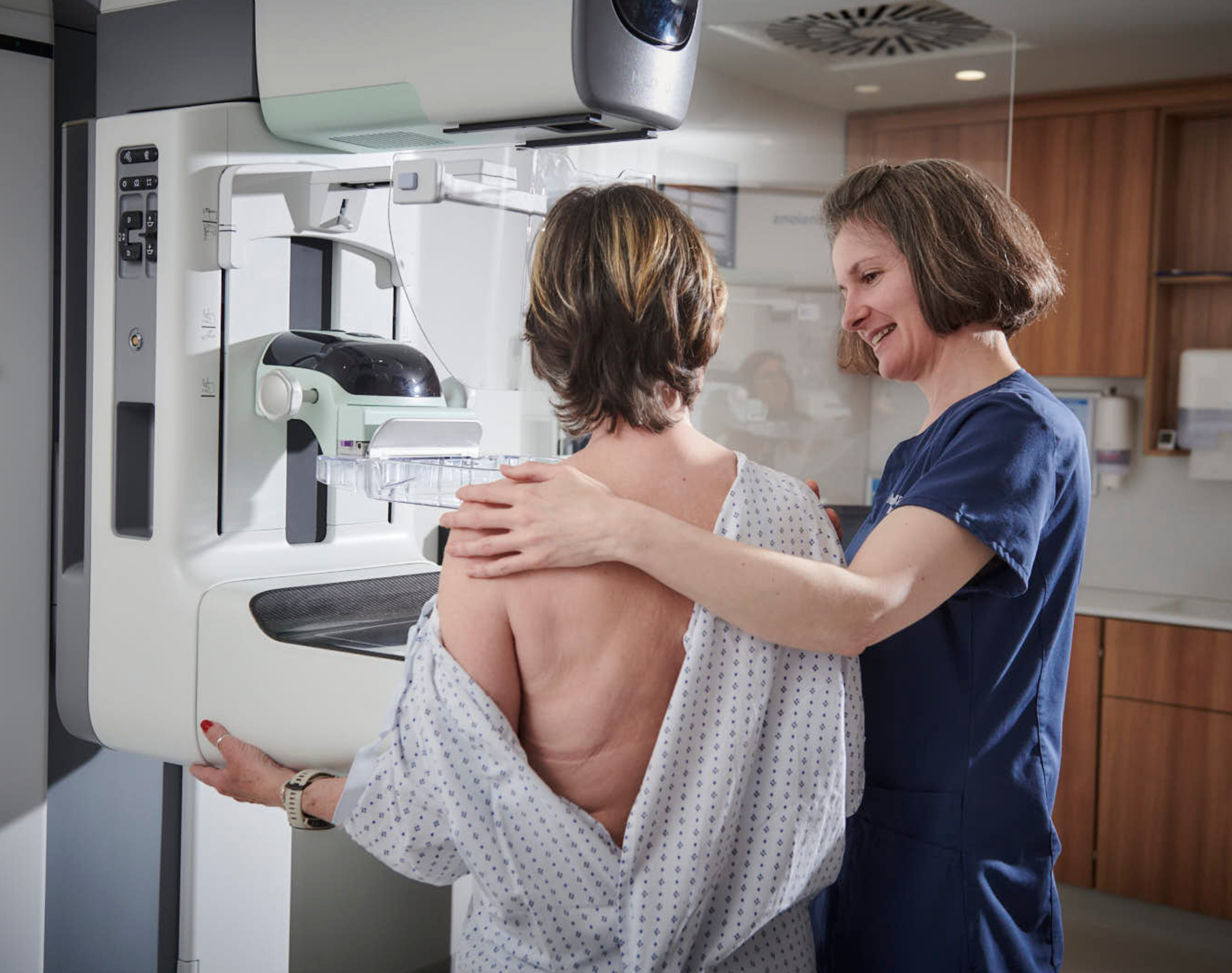Routine NHS breast screening begins at age 50, leaving many women under 50 wondering how best to monitor their breast health.
While breast cancer is less common before 50, about 1 in 50 women are still diagnosed at a younger age (Cancer Research UK).
For most, being breast aware - knowing how your breasts normally look and feel - is the key to early detection.
Why Breast Awareness Matters Before 50
Before age 50, routine mammogram screening is not generally recommended for most women.
Instead, the NHS encourages breast awareness - being familiar with how your breasts normally look and feel and promptly checking any changes, such as lumps, skin changes and unusual discharge. (NHS).
Breast cancer is less common in younger women, but when it occurs, it can sometimes be more aggressive.Cancer Research UK). Early detection improves treatment options and outcomes, so knowing what to look for is important.
If you do notice anything unusual, your next step should be to contact your GP or a breast specialist. Awareness is your first line of defence, and timely action ensures you get expert guidance when needed.
When Is Screening Recommended for Women Under 50?
The NHS advises earlier breast screening for women who are considered at higher risk due to factors such as:
- A strong family history of breast cancer
- Known genetic mutations (e.g., BRCA1 or BRCA2)
- Previous breast cancer diagnosis or other medical conditions that increase risk
These women may be referred for regular mammograms or MRI scans, often annually, through the NHS. (NHS).
If you believe you might be at increased risk, speak to your GP, who can assess your situation and advise whether earlier NHS screening is appropriate.
Why Consider Private Breast Screening Before 50?
Private breast screening is available without needing an NHS invitation or GP referral. Women aged 40 to 50 can self-refer for private mammograms at convenient times.
Private screening often includes:
- Advanced imaging such as 3D mammography (tomosynthesis), which is particularly helpful for younger women with denser breast tissue
- Flexible appointment times
- Same-day results
- More time with a consultant for personalised guidance
Private screening is especially suitable for women with dense breasts, those at higher risk, or anyone wanting more control and clarity over their screening schedule.
Deciding What’s Right for You
Choosing whether to have screening before 50 depends on your personal health, family history, and how closely you want to monitor your breast health.
For most women under 50, breast awareness combined with prompt medical advice if changes occur is sufficient.
Others, especially those with risk factors, may benefit from earlier or more frequent screening.
Discuss your options with your GP, a breast specialist, or one of our patient pathway coordinators to make the most informed decision for your individual situation.
Taking the Next Step
Staying breast aware and acting quickly if you notice changes is key to maintaining breast health before 50.
